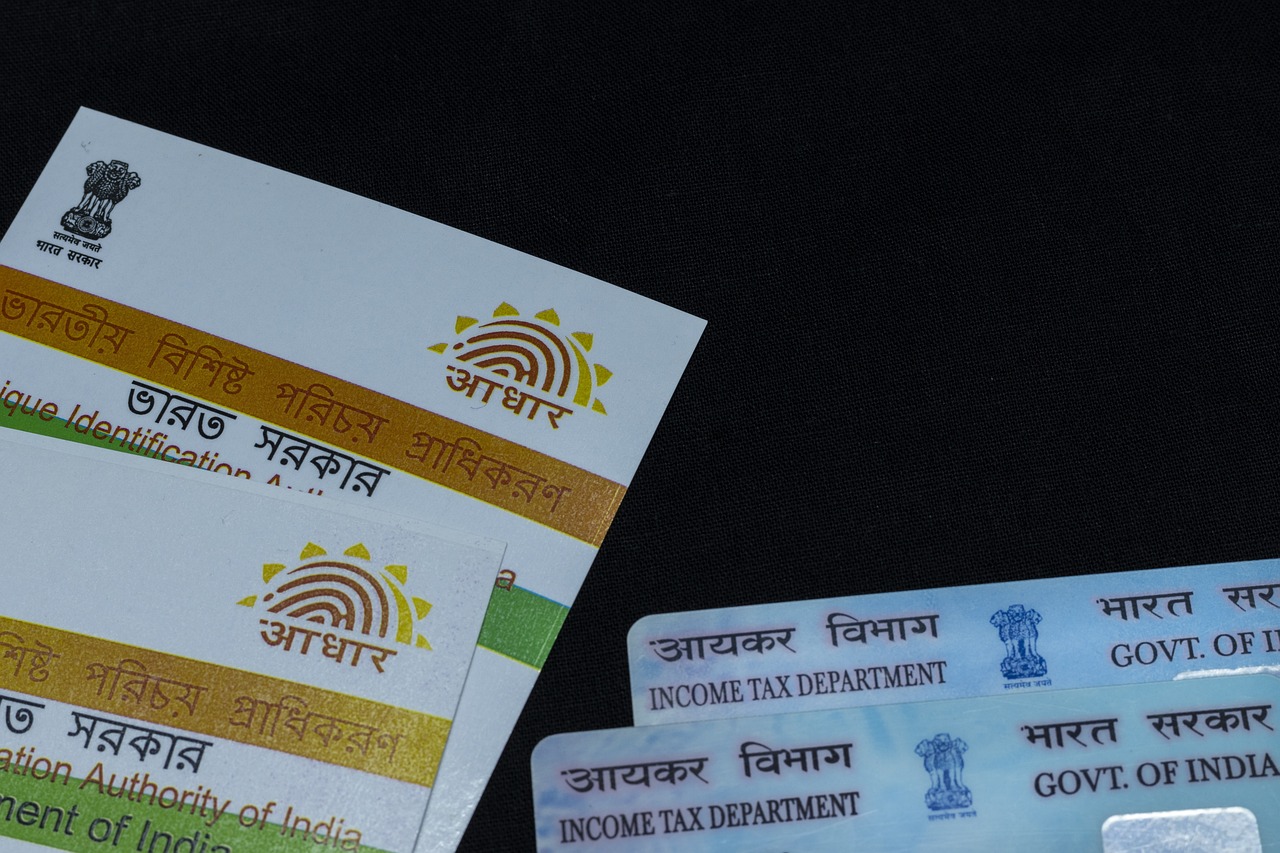Trisha Ghosh, Pune
Moody’s Investors Service has recently questioned the usage, security and reliability of India’s Aadhaar system technology in a report titled “Decentralized Finance and Digital Assets” on September 23rd. It has cited Aadhaar as being the largest digital identification program globally, but also raised concerns about the vulnerabilities the biometric technology system poses in regard to individual privacy.
India’s Aadhaar card system works by assigning unique sets of numbers to a population of 1.2 billion people and uses both demographic and biometric data for this identification purpose.
The primary concerns it has raised in the report are the issues with authorisation and subsequent reliability; the vulnerability faced by lower-income people such as manual labourers who live in humid climates (wherein the technology may not work as per Moody’s); some ID categories being under central control or otherwise may be especially vulnerable to exploitative practices, compounded by the fact that Aadhaar uses sensitive data such as fingerprints or face recognition technology.
The report added that overall, there are technical, personal and cyber security risks involved in the system. Moody’s argued that decentralised identity would not be accepted around the globe without proper laws and rules, citing a need for policies regarding the system. This is an issue called interoperability, wherein the lack of universal standard components for factors such as protocol of communication, procedures for verification and formats of data will create hindrances if various Decentralised Identity or DID systems were to attempt to work together.
However, India has taken offense to these statements in the report. The Ministry of Electronics & IT has termed Moody’s concerns as ‘baseless’. The Union Ministry has pointed out how the report does not cite any level of primary or secondary research data to back its claims, which thus makes any concerns purely speculative and unproved. In addition, the report has mentioned an incorrect number of users of Aadhaar.
A statement by the Unique Identification Authority of India (UIDAI) has stated how the previous decade has evidenced about a billion Indian residents effortlessly and securely authenticating their identities via the Aadhaar system, approximately around a 100 billion times. Furthermore, the Ministry addressed the concerns regarding lower-income and manual workers, explaining that wage payments to these people are made under special schemes like the Mahatma Gandhi National Rural Employment Guarantee Scheme; their accounts are credited with the payments directly. The workers are not required to authenticate themselves using their Aadhaar identity. Biometric submission can take place without contact as well, including iris and face authentication. OTPs on mobile phones are also frequent.
Most importantly, till date there has been no serious issue or breach of regulations in the Aadhaar system, which has been praised by organisations such as the IMF and World Bank. According to a World Bank report, Aadhaar has allowed for increasing account ownership to 80 percent currently compared to one-fourth in 2008, a major rise that would not have been possible otherwise.
